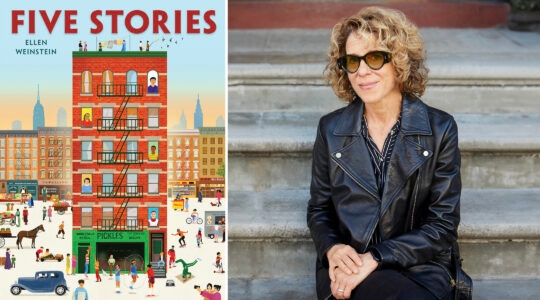Why is the benign, conflict-averse Canada home to one of the most virulent and even borderline violent communities of Israel-haters in the world?
Gil Troy investigates for Tablet:
As in the rest of the West, Canadian anti-Zionism feeds off an unlikely alliance between Islamist fundamentalists and cosmopolitan leftists. Canadian political culture is more European and New Left than American political culture. David Luchins, an American political science professor at Touro College who worked for the late Senator Daniel Patrick Moynihan for two decades, calls Canada a “goo-goo nation,” using the traditional American term for progressive good-government advocates. In this case it means trying to be an upstanding member of the community of nations, which is admirable, but also a devotee of the United Nations, which risks being delusional.
Many Canadian elites still worship at the altar of the international human rights regime McGill Professor John Humphrey helped construct after World War II. An elaborate organizational infrastructure also intensifies and funds Canadian anti-Zionism as an expression of general solidarity with the left, including the CBC public broadcasting system, leading labor unions, some government-mandated student organizations, and certain Quebec nationalist organizations. Jean Ouellette, a retired professor at the Université de Montréal, notes that, like most Canadians, Quebecois see the conflict “in purely territorial terms and not as an existential divide between Jews and Arabs and between Islamism and the West.” Thus, if campuses are among the most Europeanized—and most anti-Israel—spaces in the United States, Canada is the most Europeanized and most anti-Israel space in North America.
Facing this aggressive offshoot of multicultural leftism dominating Canadian universities is an Anglicized administrative culture more primed to appease radicals than to ensure that embattled Jewish students feel safe in their campus homes. The leading Canadian universities are public; most leading American universities are private. Private institutions enjoy more latitude to curtail rambunctious student groups and are more donor-sensitive. At pricier private schools, it is rare for individuals to “take one class and stay as professional activists,” which was a “big problem at Concordia,” notes Dan Hadad, the marketing and communications director for the Canadian Council for Israel and Jewish Advocacy.





